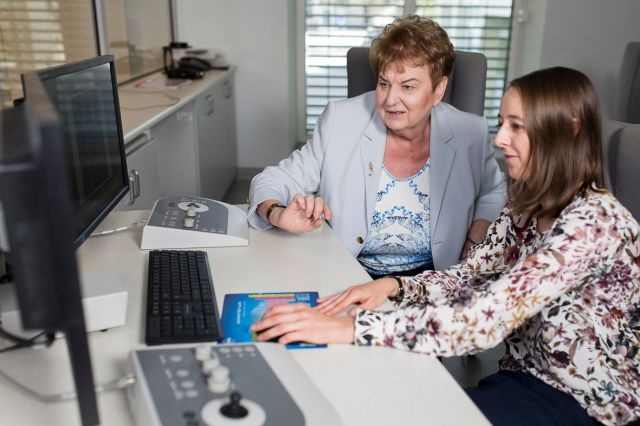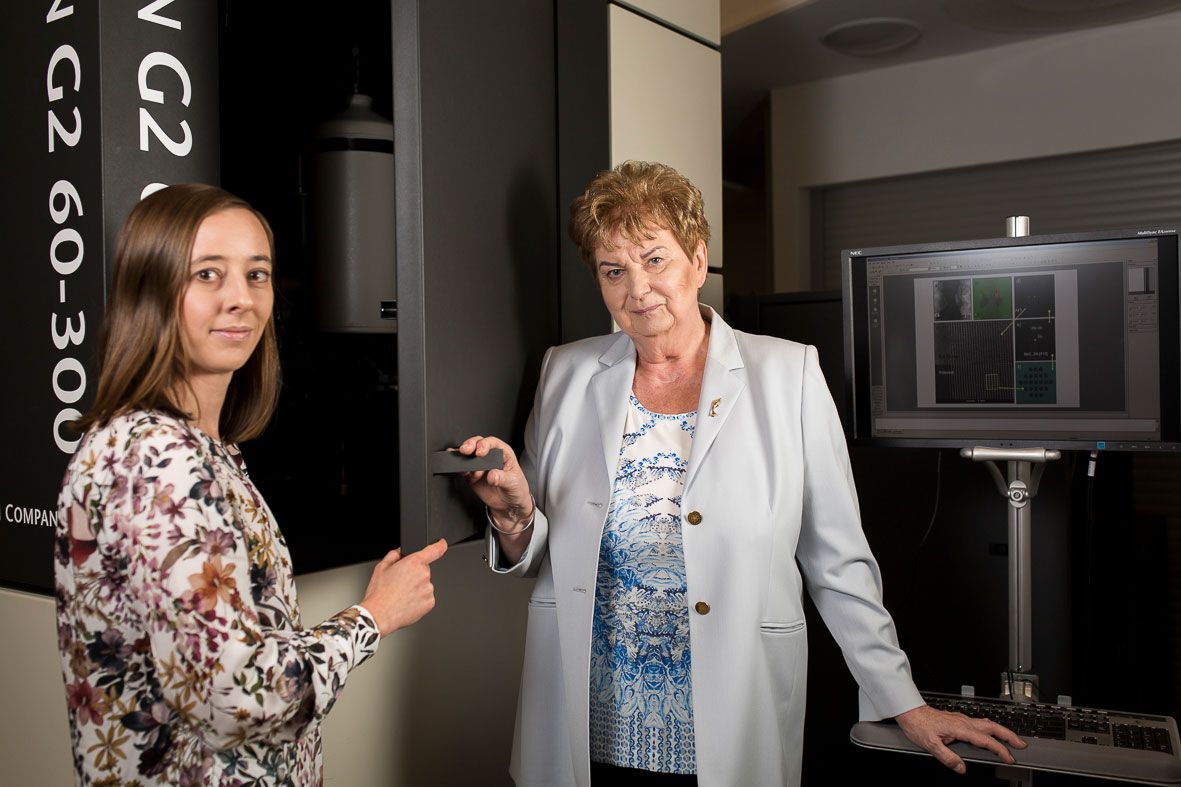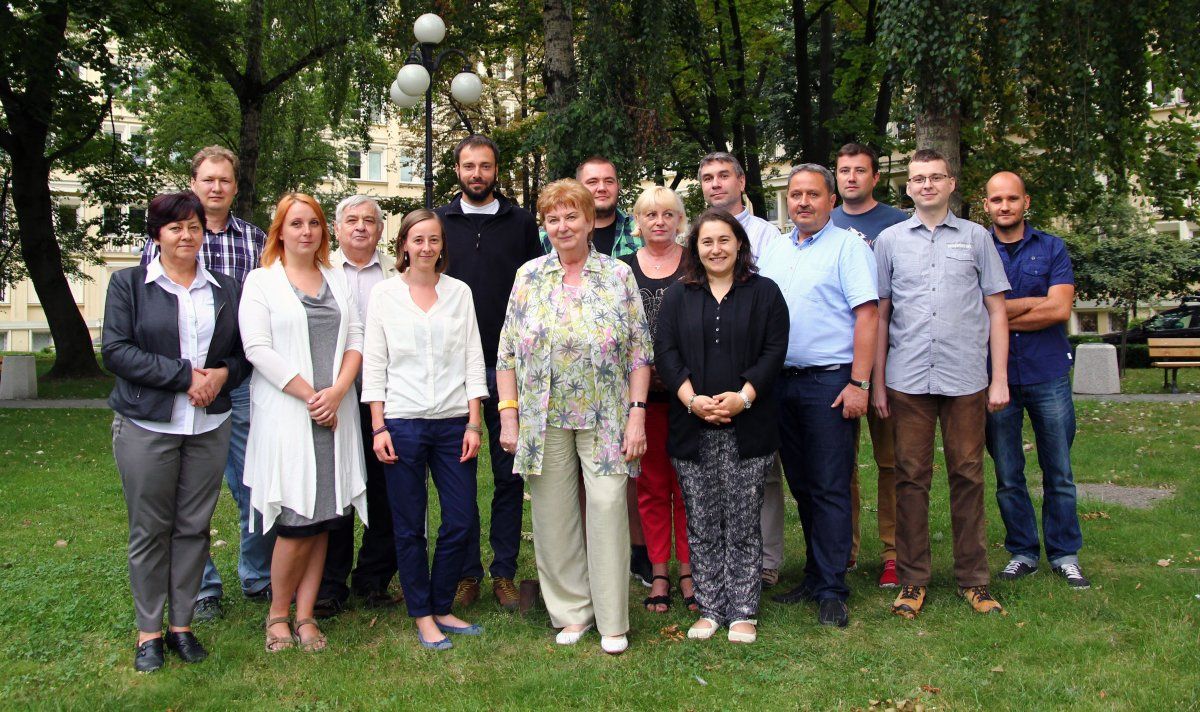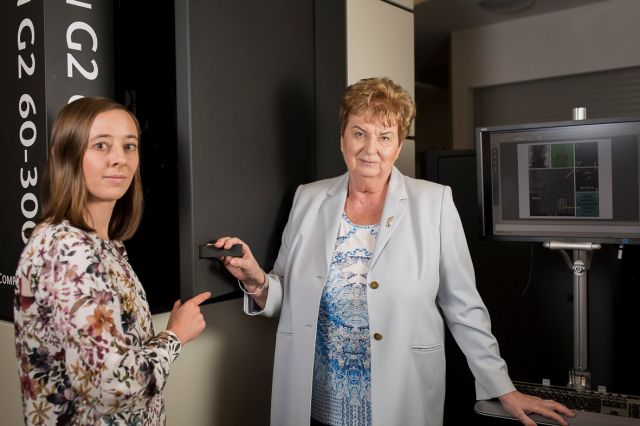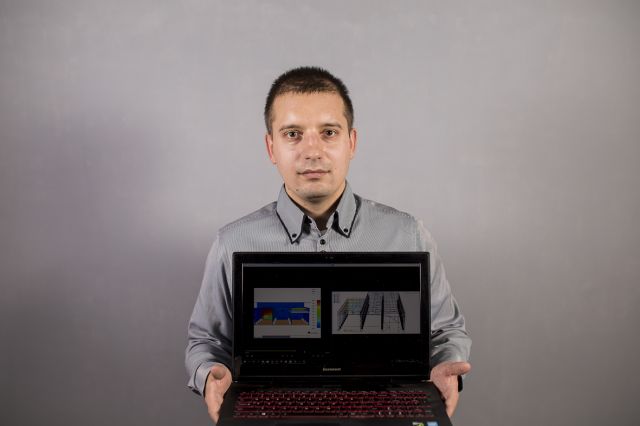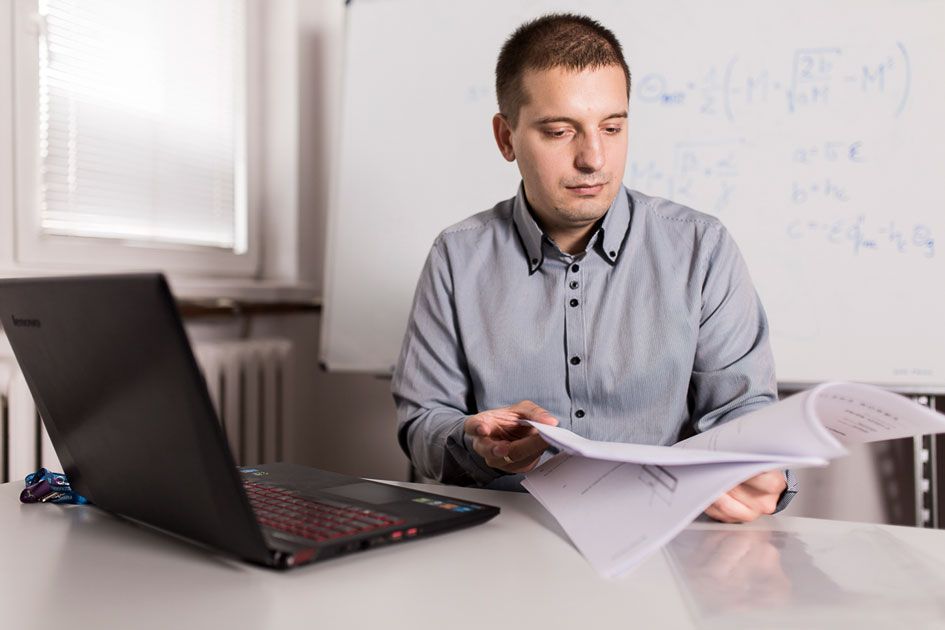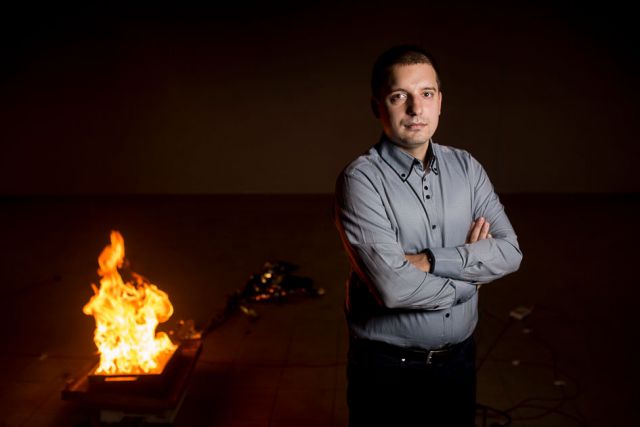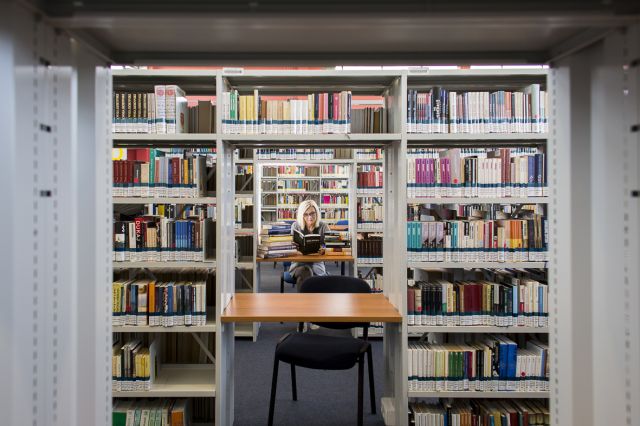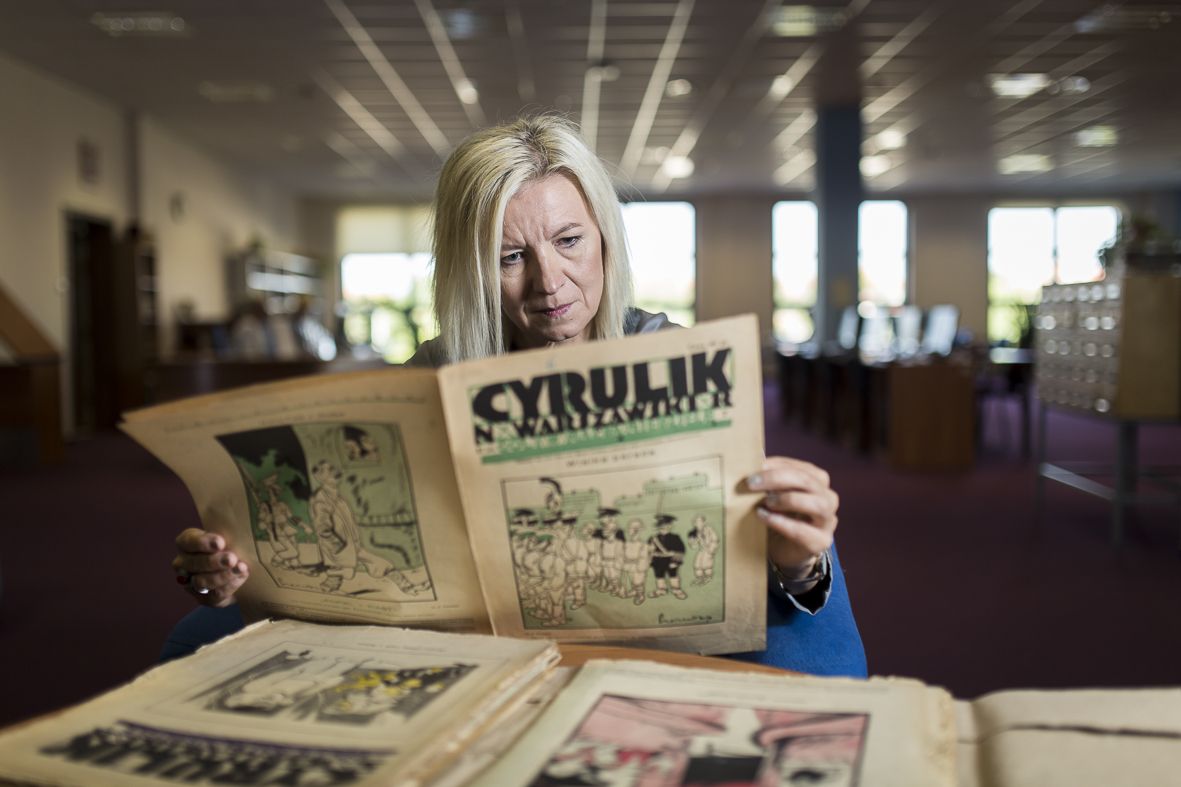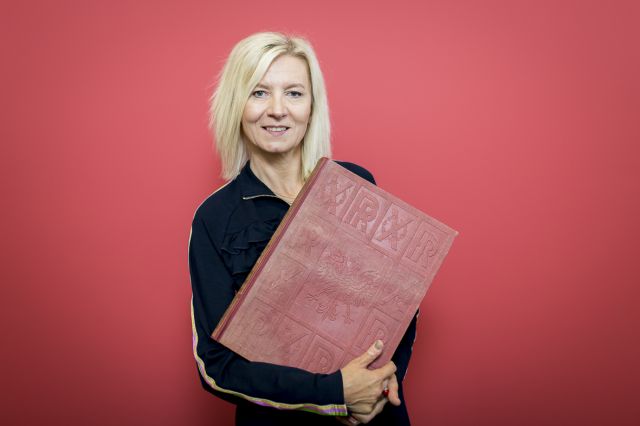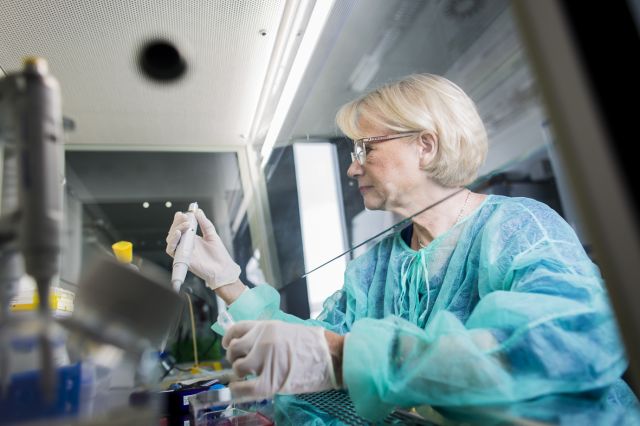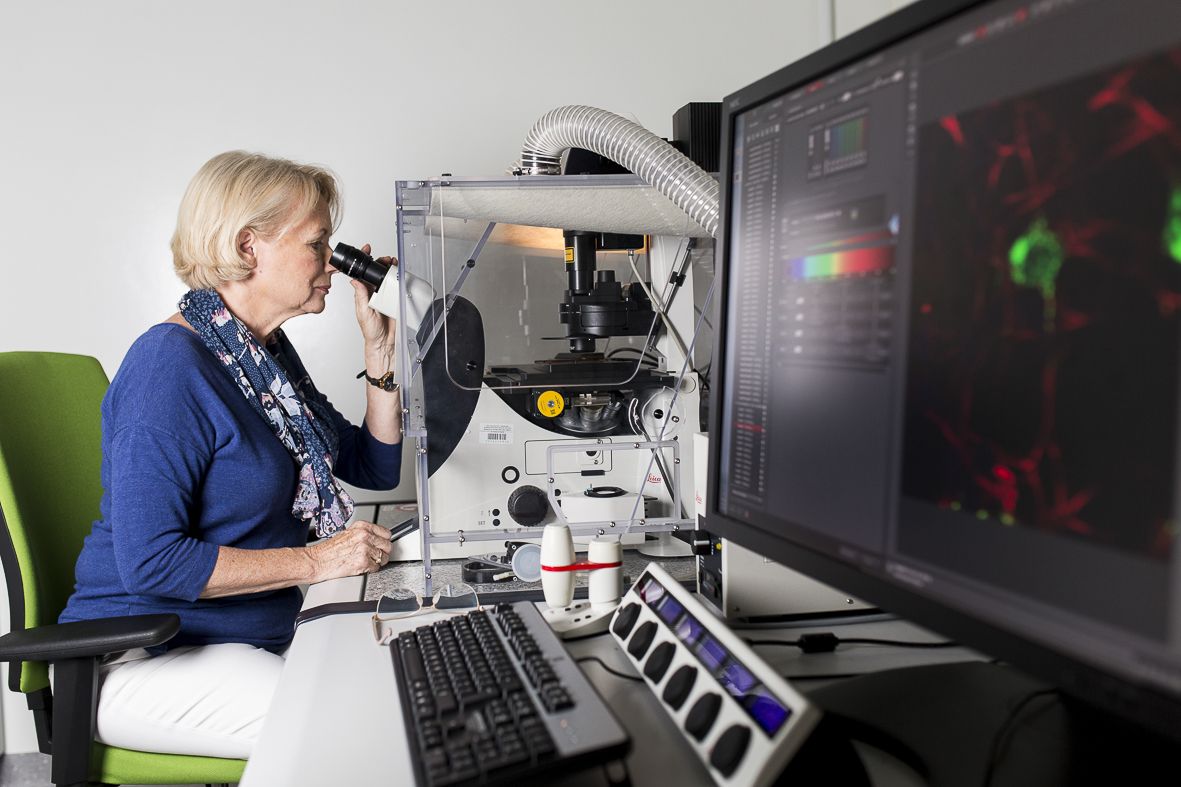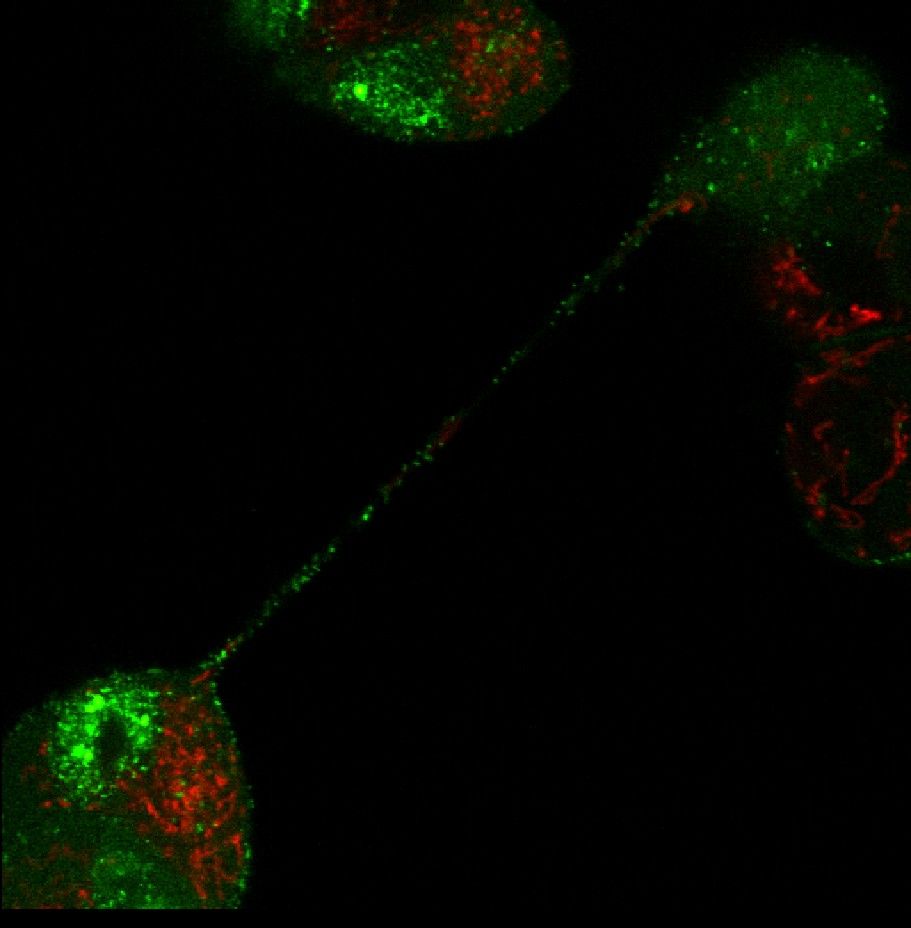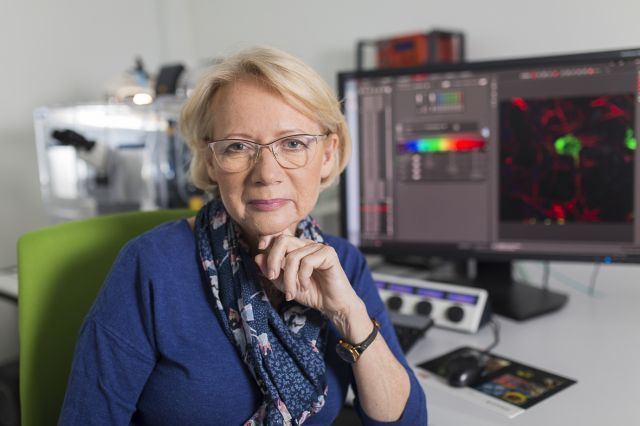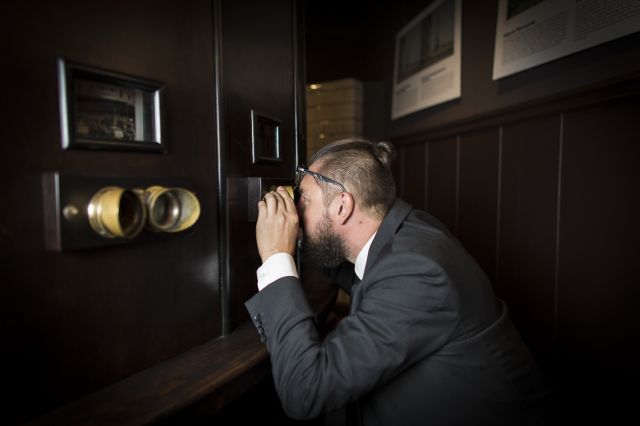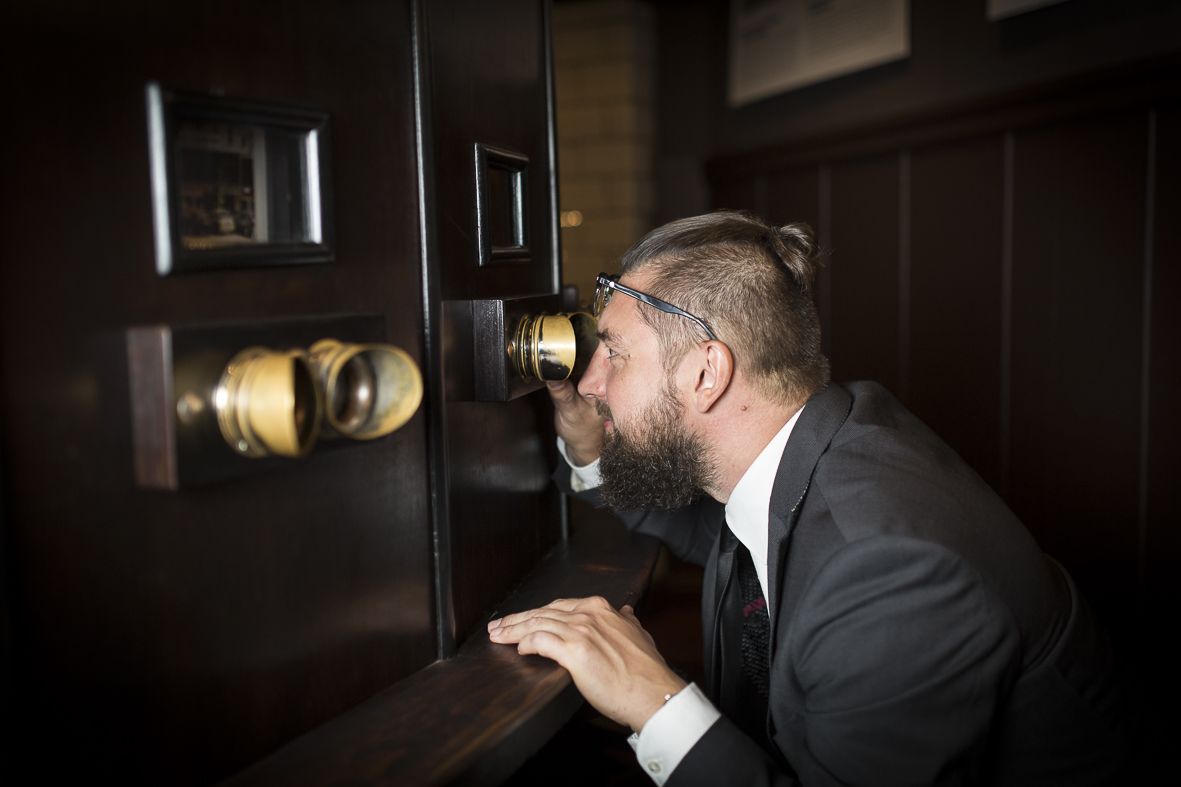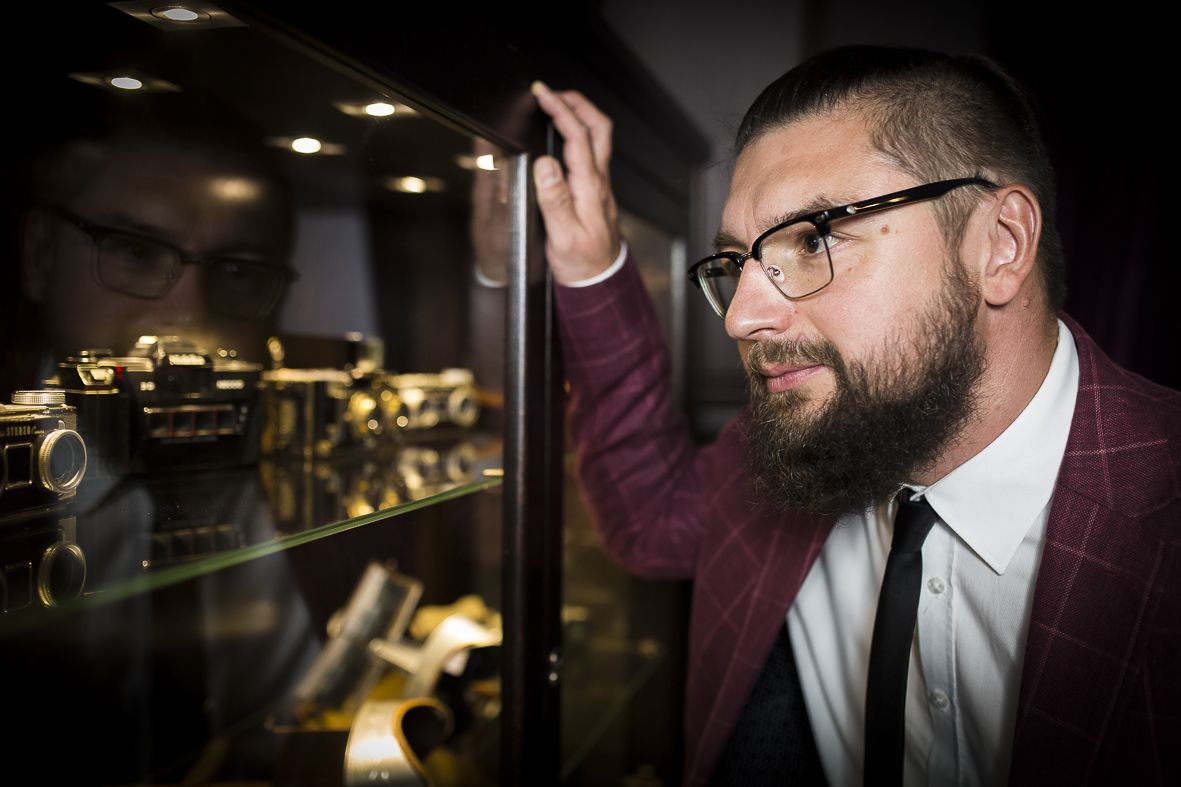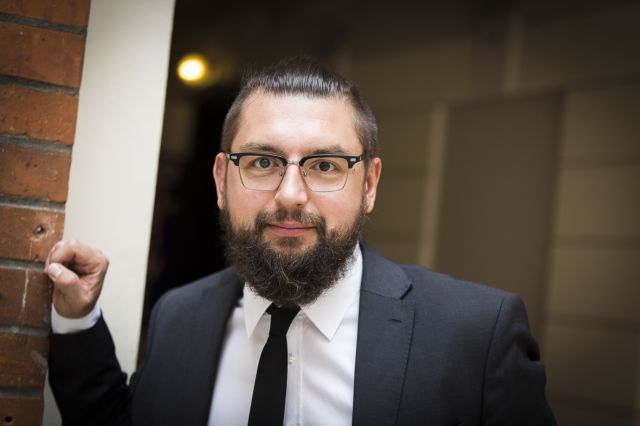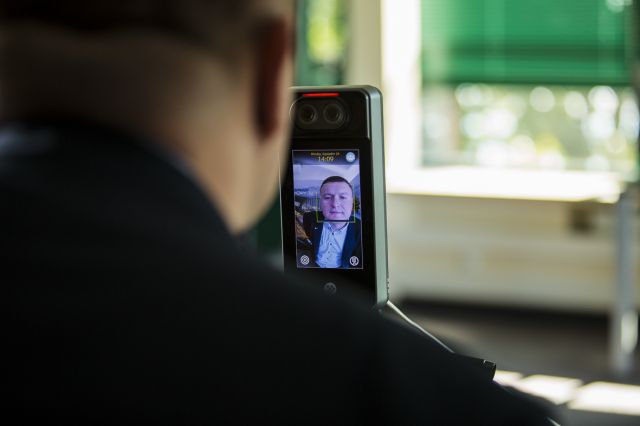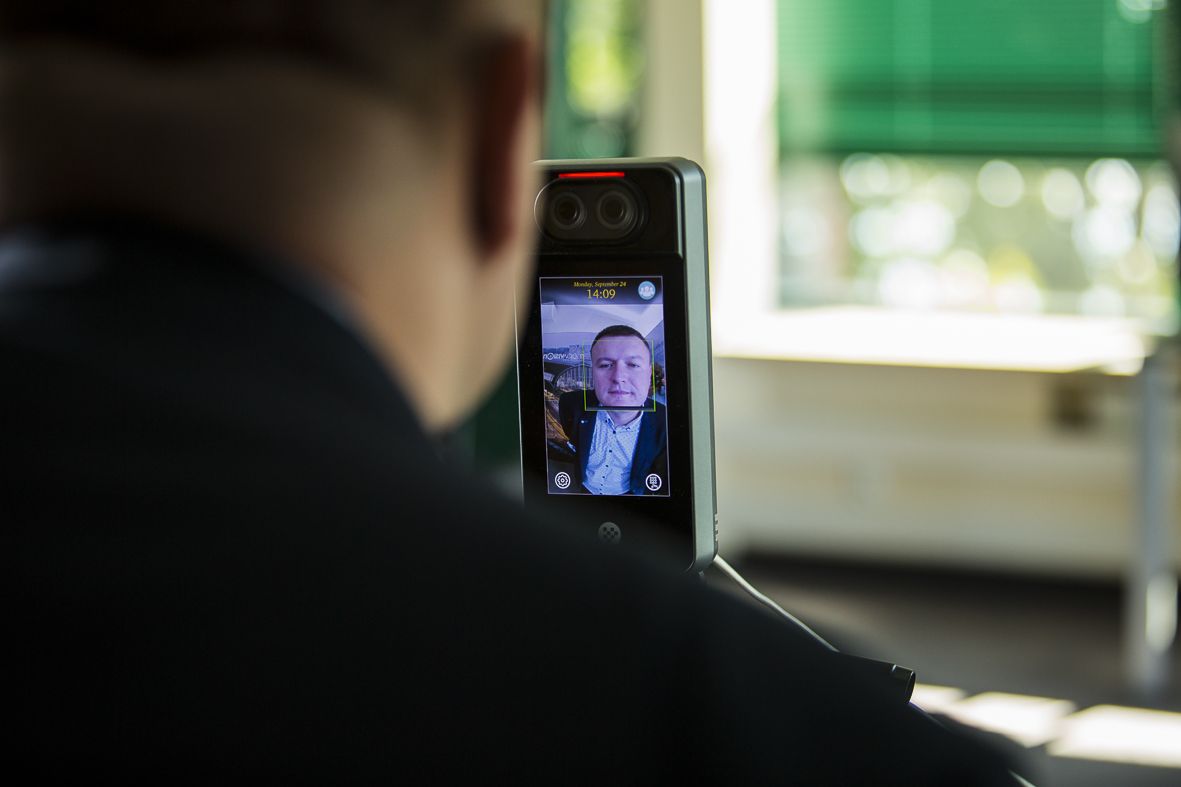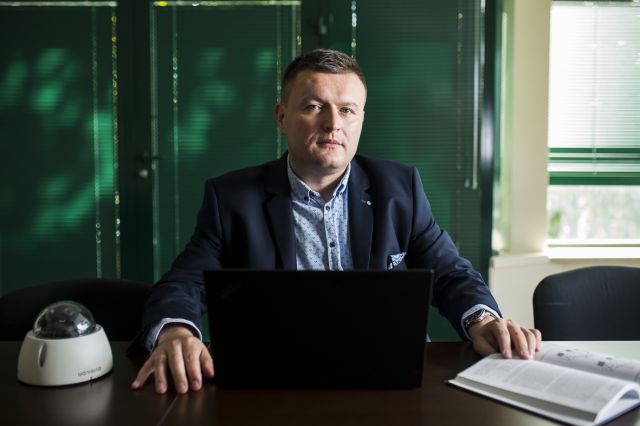Full professor at AGH University of Science and Technology, Faculty of Metals Engineering and Industrial Computer Science as well as the Head of the International Centre of Electron Microscopy for Materials Science at AGH-UST (untill 2016). Since 2017- Professor in this Centre and Professor Emeritus of the Faculty of Metals Engineering and Industrial Computer Science.
She specializes in materials science. Main research interests: microstructure and properties of metallic biomaterials, materials for the energy systems and aeronautics (superalloys, titanium alloys, intermetallics, steels, ODS alloys, coatings, ...), nanomaterials, materials for high-temperature and extreme environment. Science and application of electron microscopy.
She has published over 500 scientific papers and peer-review conference articles, 4 monographs and 16 chapters. She participated in more than 150 projects as a coordinator or principal investigator. She has won grants from the State Committee for Scientific Research, the National Science Centre, the National Centre for Research and Development, EU FP6 and FP7 as well as EIT KIC InnoEnergy. Within the framework of the Operational Programme–Innovative Economy (POIG, 2007-2013), she coordinated a project entitled "Purchasing an analytical transmission electron microscope with unique equipment for research of materials' micro- and nanostructure", which allowed the AGH-UST to be equipped with a next-generation transmission electron microscope (S)TEM FEI Titan Cubed 60-300 with the top-end ChemiSTEM system for materials' analyses down to an atomic scale (resolution: 70 pm).
Professor Aleksandra Czyrska-Filemonowicz has lectured on electron microscopy, materials for the energy systems and aeronautics, as well as metallic biomaterials (in Polish and English). Visiting professor in Germany (Christian-Albrechts-Universität zu Kiel, RWTH Aachen/Forschungszentrum Jülich) and Switzerland (Ecole Polytechnique Fédérale de Lausanne, EPFL). Coordinator of Erasmus-Socrates agreement with EPFL. Supervisor of 13 PhD students (eight PhD theses awarded) and academic tutor for 5 PhD students at Forschungszentrum Jülich.
For many years, she has been incredibly active in her efforts for internalization Polish science. On her initiative, 15 PhD students and researchers have completed long-term research internships (mainly in Germany, Austria, and Switzerland). She has acted in more than 40 congress programme committees and often chaired sessions during global and European congresses on electron microscopy and materials science. She has initiated and headed 10 European Schools on electron microscopy regularly organized at the AGH University of Science and Technology since 2003.
She has held several foreign fellowships, including eight-year (at total) scientific stay at Forschungszentrum Jülich (FZJ), Germany. After returning to Poland, she modernized the electron microscopy laboratory at the AGH-UST and significantly developed international co-operation, which allowed the International Centre of Electron Microscopy for Materials Science to be opened, which she headed up until 2016. The Centre was invited to join the prestigious electron microscopy network, Distributed European Infrastructure for Advanced Electron Microscopy for Nanoscience.
She has also held important functions in various European organizations, such as the Board of the European Microscopy Society (until 2016), the Scientific Committee of ArcelorMittal (until 2013), the Executive Committee of the Federation of European Materials Societies, FEMS (until 2009), several Managing Committees of European projects (FP6-NoEs, COST Actions, FP7-INFRA, EIT KIC) and the Helmholtz Management Academy in Berlin. She has been a member of many national organizations, including the Materials Science Committee of the Polish Academy of Sciences (until 2014), and headed the National Committee for Cooperation with IFSEM and the National Committee for Cooperation with ICSU at the Polish Academy of Sciences (until 2010). She is a member of several European science associations (DGE and DGM in Germany and the Royal Microscopy Society, UK), a founding member of the Polish Society of Materials Science, as well as initiator and first president of the Polish Society of Microscopy (until 2014).
She has received e.g. the Gold Cross of Merit of the Republic of Poland, the award of the Minister of Higher Education and Technology, the Medal of National Education and several awards of the Rector of AGH-UST for research and teaching, including the 1st prize for career overall achievement (2016). She was awarded with Pratt Whitney Award for Outstanding Effort in Supporting the GMS Program (USA, 2009) and the Helmholtz International Fellow Award for scientific achievements (Germany, 2013).
Dr inż. Joanna Karbowniczek
Graduated in biotechnology from the University of Agriculture in Kraków and completed a PhD programme at the Faculty of Metals Engineering and Industrial Computer Science of the AGH University of Science and Technology in Kraków. She defended her PhD dissertation entitled "Microstructure, cellular response and selected properties of titanium based biomaterials applied in regenerative medicine of bone tissue and joints" under the supervision of Prof. Dr Aleksandra Czyrska-Filemonowicz. Between 2013 and 2017, she completed 5 foreign research internships, e.g. joining Professor A.R. Boccaccini's team at the Institute of Biomaterials (Erlangen, Germany). Since 2015, she has been employed as teaching assistant at the Faculty of Metals Engineering and Industrial Computer Science. Her main scientific interest are within biomaterials field including metallic implant materials and polymer scaffolds used in tissue engineering applications.

